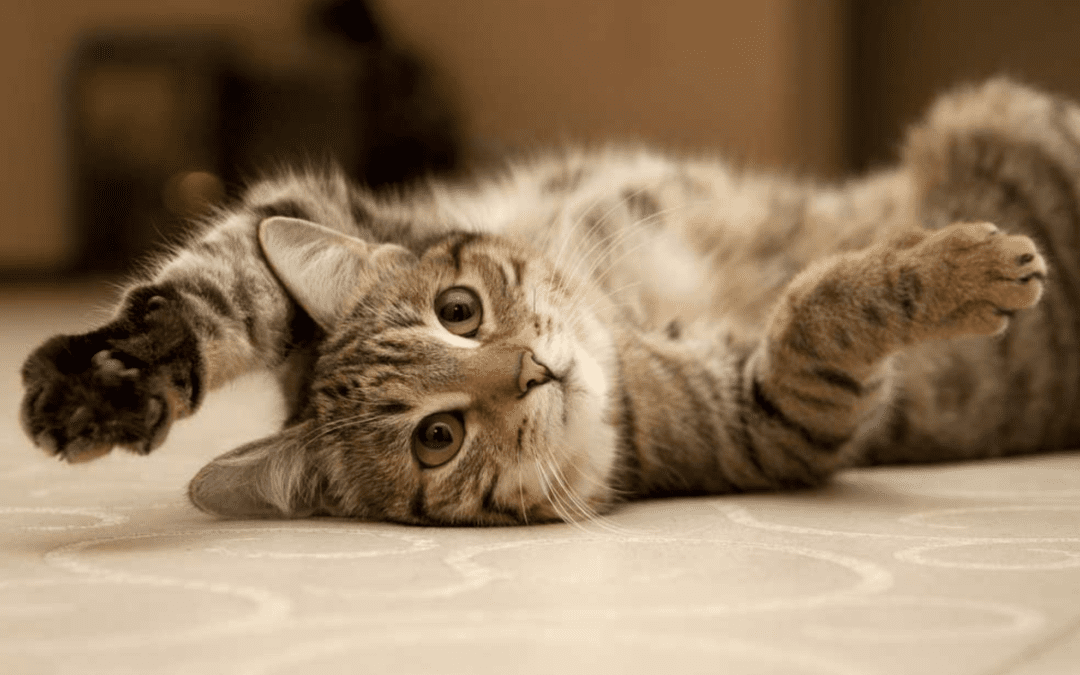There are few ear problems in pets that our team sees more often than others. Here are few of them:
Otitis externa — The external, skin-lined portion of the ear canal is prone to inflammation and infection in dogs and cats. Any irritation or inflammation such as from water, trauma, or seasonal allergic skin disease can set off trouble. Affected pets may have painful ears, shake, or rub their heads, experience redness or odor, or have increased discharge from the ear. If external ear infections are chronic, permanent changes can occur in the ear canal itself making subsequent problems more likely. A detailed history and thorough physical and skin examination can provide easy clues as to the cause of otitis externa. The pinnae and regions near the ear may show evidence of self-trauma (from scratching, for example), redness of skin, and primary and secondary skin abnormalities. Deformities of the pinnae, an abnormal growth of tissue in the canal, and headshaking suggest long term ear discomfort.
Ear mites — Ear mites can be found in dogs, cats, and rabbits. The early sign of an ear mites may be your dog scratching his head. Dark, crumbly reddish-brown discharge that might resemble coffee grounds. These unwelcome visitors are nearly microscopic mites that live in the ear canal, feasting on ear wax and causing irritation and discomfort along the way. To make it worse these are highly contagious can spread with direct contact from one animal to another.
Polyps — The inflammatory polyp is the most common surgical disease in cats. Younger cats especially are prone to growing polyps in the ear and oropharynx that can cause irritation, secondary infection, and balance problems if not treated. Signs may include shaking of the head, scratching the ear, sensitivity when the ear is touched, rubbing the ear, foul odor from the ear, and bloody or yellow/green discharge in the ear canal.
Aural hematomas — An aural hematoma is a collection of blood within the cartilage of the ear and the skin. When a blood vessel bursts within the layers of the flap of the ear, also called the pinna, a little pocket can form. It usually arises as a self-inflicted injury from your pet’s scratching and head shaking. The underlying causes include all conditions that result in otitis externa (infection of the external ear canal). These can be painful and irritating and do not often heal without help.
Food allergies — Many animals with food allergies can experience chronic ear issues from the inflammation in the skin resulting from such food allergies.
Ear problems in pets are common but can usually be addressed. If your pet is having trouble or showing any of the signs above, don’t hesitate to ask for help! You can reach Renton Veterinary Hospital team at (425) 255-8676 or you can schedule an appointment here.

